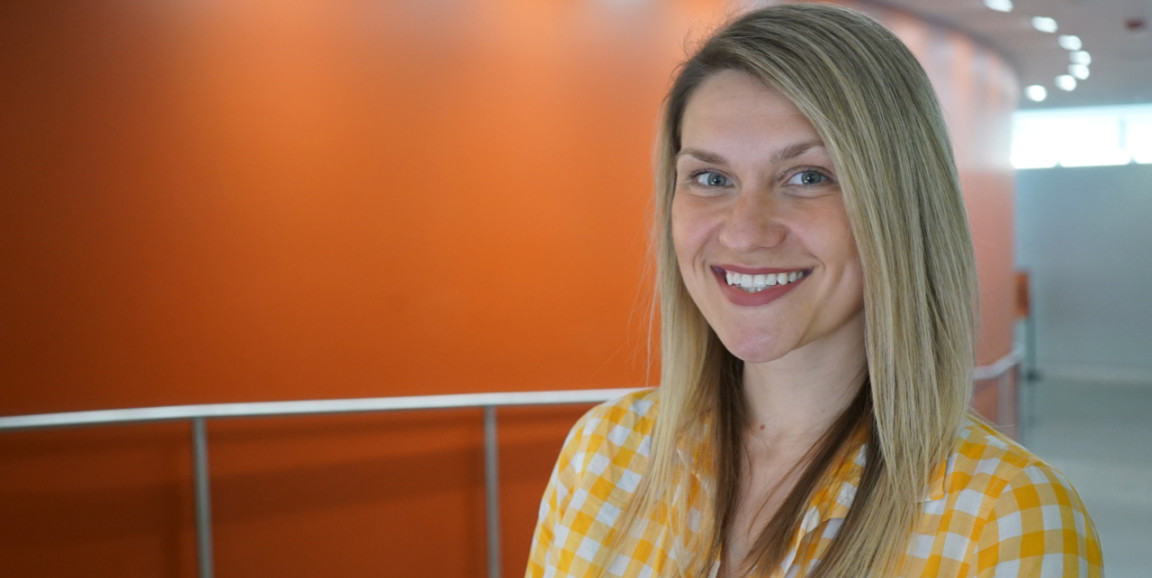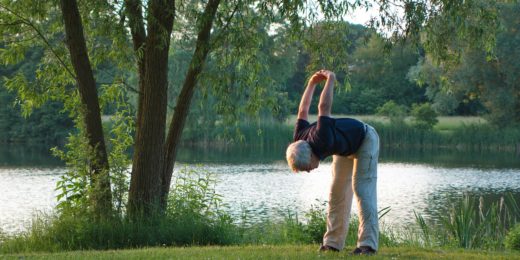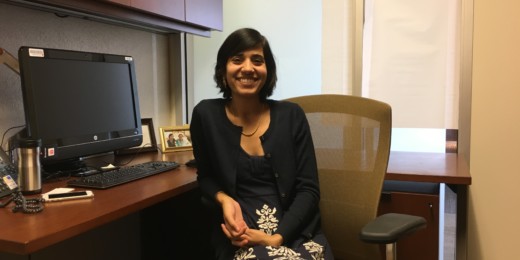Stanford Health Care recently earned geriatric emergency department accreditation from the American College of Emergency Physicians. I sat down to talk with Nida Degesys, MD, administrative fellow in the Stanford Department of Emergency Medicine, to learn more about the emergency care needs of older adults.
The definition we typically use in medicine is anyone above the age of 65. Over that age, we begin to need significantly different resources to reduce falls, pneumonia, and hospital admissions. Geriatric emergency medicine is a newer specialty; 10 years ago, it didn't exist in the way that it does now. But the baby boomers are coming -- about a quarter of the patients who come to the Stanford ED [the Marc Andreessen and Laura Arrillaga-Andreessen Emergency Department] are over the age of 65.
Basically, everything is clinically different, from how they present with disease to diagnosing the illness to how they heal. For example, fatigue may be the only symptom in a female geriatric patient having a heart attack.
Geriatric patients are at very high risk for "polypharmacy," which can be dangerous; drugs interact with each other and can contribute to falls, confusion, delirium.
It can be harder to identify their needs because geriatric patients are less likely to ask for or accept help. For example, often geriatric patients don't complain of chest wall pain even when they have multiple rib fractures.
Even a ground level fall, which may result in some scrapes in bruises in younger patients can result in serious injuries like hip and rib fractures or intracranial hemorrhages in older adults.
We need to be hypervigilant when caring for geriatric patients to make sure we don't miss subtle injuries. Older adults can sustain severe injuries from seemingly small accidents. Upwards of 30% of falls result in a fracture once we are over the age of 75.
As we age our hearing and vision may decrease, so having improved access to hearing aids or other hearing assistive devices in the ED can be critical in patient interactions, improving everything from taking the patient history to providing clear discharge instructions.
Geriatric patients often need mobility devices like canes and walkers. They also need easy access to food and drink -- especially in the Bay Area where patients over 65 are working longer and are more likely to be overburdened and underresourced. They can't always get to grocery store, and have food insecurity or they might be homeless. They need access to more community resource referrals like assistance with meal preparation that can ensure they have adequate nutrition, or house cleaning to help prevent falls.
My grandparents played a huge role in my upbringing. When they got sick, my family would care for them. My grandfather lived with us for a significant period toward the end of his life and suffered from dementia. When I took them to physician appointments, I saw so many things to improve: Why were the letters so small on discharge instructions? Why weren't the doctors talking to each other?
The providers seemed so rushed and didn't get to know my grandparents (and they were amazing people). In medical school, I was vice president and president of geriatric palliative care clubs and I spent a summer researching at Johns Hopkins University with the American Federation for Aging Research summer program for first-year medical students. I gained a much deeper appreciation and medical understanding of geriatrics.
Quality of life is so important. It's not just about living, you don't want to be in the hospital. You want to enjoy the time. The goal is to have as much independence as possible for as long as possible. Every time I see a patient over 65, I think of my parents or grandparents and what I would want for them.
Geriatrics is the most fulfilling population to work with. If you take a few moments to hear their stories, you might learn they were an immigrant who fled after being imprisoned for being a political activist, or were a high-ranking government official, or that they were an astrophysicist. They have lived through so much and they have so much to offer.
Photo by Susan Coppa






